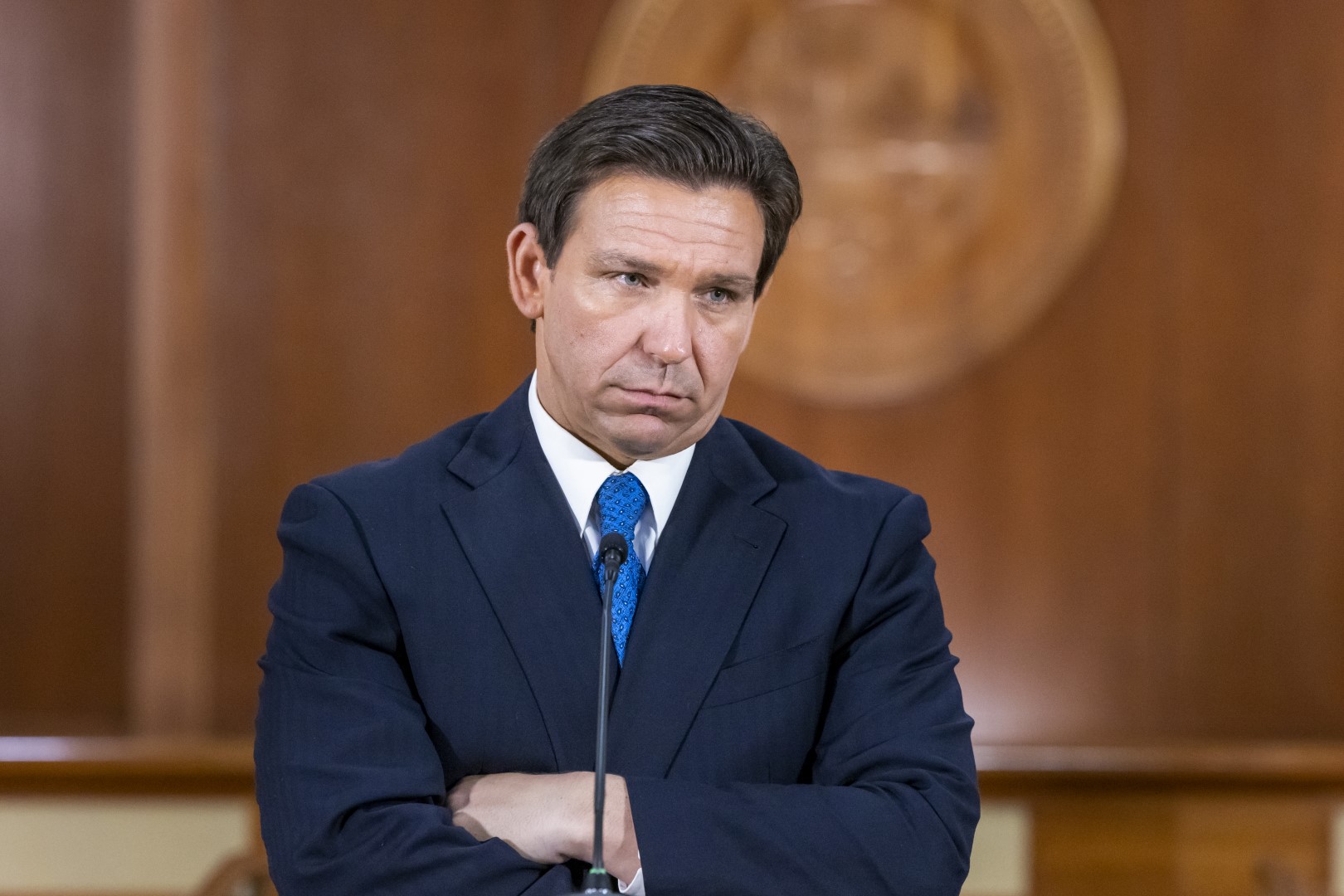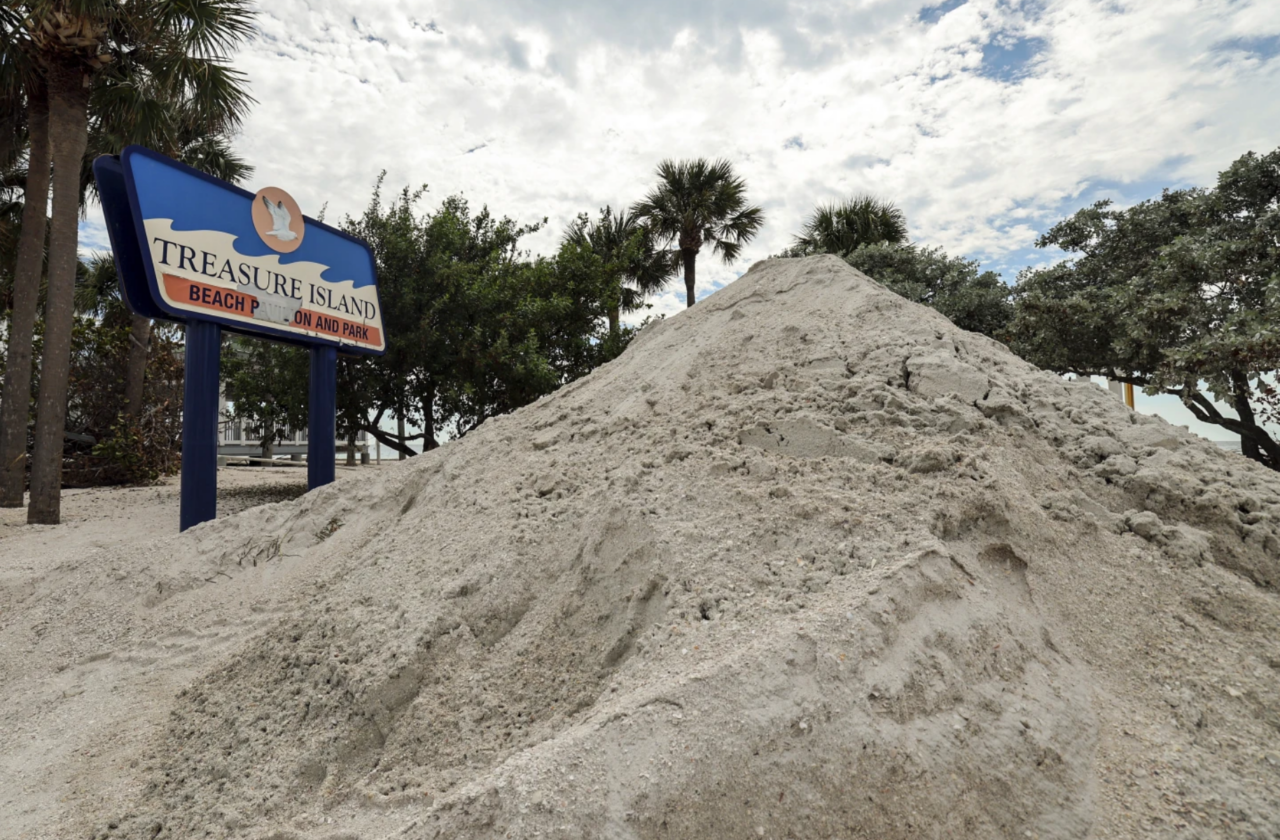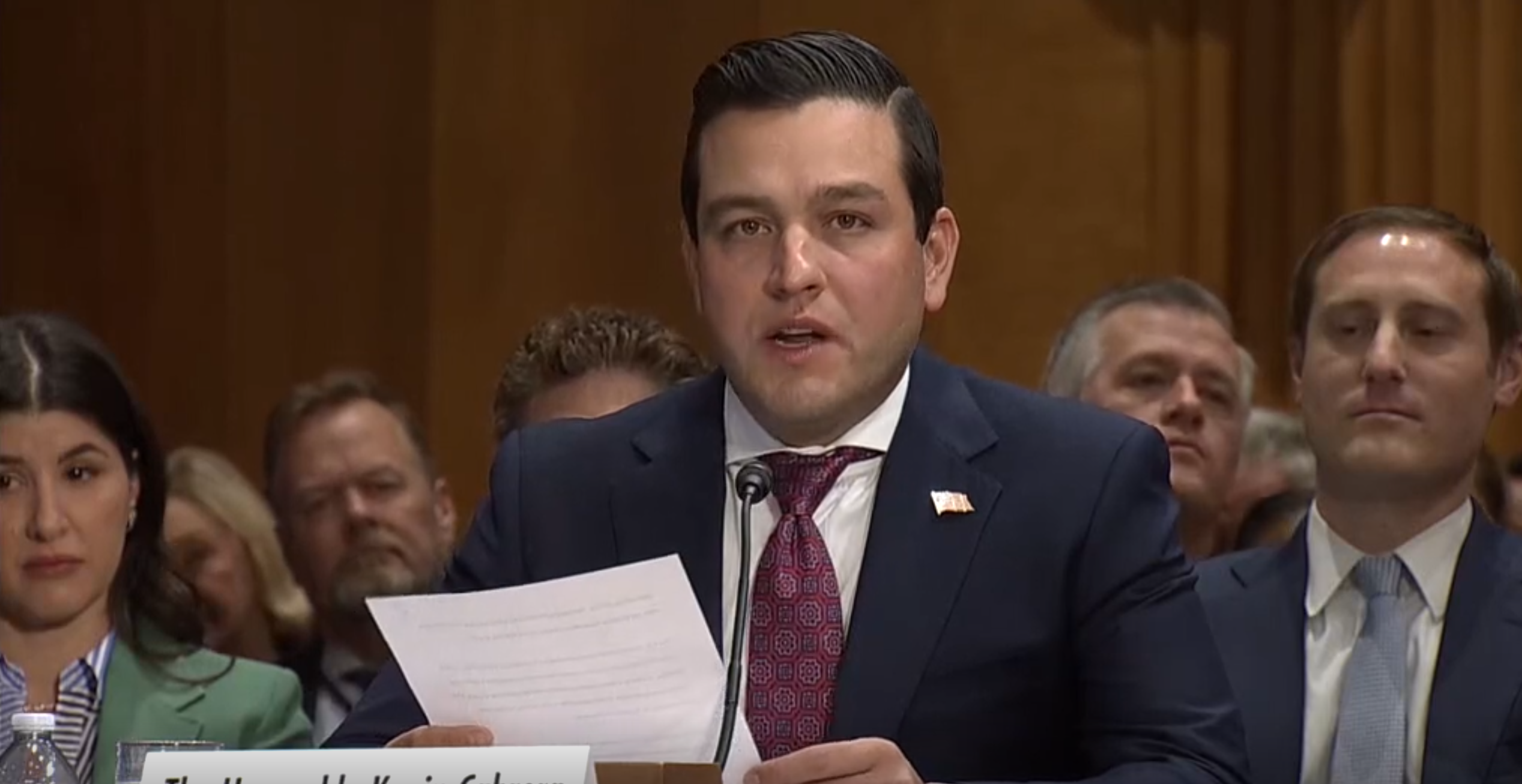The Senate has unanimously passed a measure that would boost hurricane relief and recovery efforts and enhance Florida’s response to storms.
The bill (SB 180), from Sen. Nick DiCeglie, would support Florida homeowners following a storm with clear, streamlined permitting resources — a likely welcome upgrade after the active 2024 hurricane season uncovered the pain many in DiCeglie’s Pinellas County Gulf Coast district suffered as they sought to rebuild.
The bill would also enhance debris management and removal processes, another challenge that plagued DiCeglie’s district last year, especially with the one-two punch that was Hurricane Helene and Hurricane Milton.
Additionally, the measure would increase disaster management planning, emergency resource coordination, financial transparency, and reporting across state and local government disaster management operations.
“Multiple major hurricanes ravaged Florida last year, leaving extensive damage statewide,” DiCeglie said. “After a storm, Floridians need a clear path to recovery, not roadblocks.”
“When local bureaucracy overshadows the needs of citizens, Floridians are left picking up the pieces,” he added. “We’re fighting for families to focus on rebuilding without additional delays or burdens, especially for those who sustained damage or lost their homes. Working with our state and local emergency responders, we can streamline restoration efforts and improve emergency response coordination, fortifying and strengthening our communities before the next storm.”
Specifically, DiCeglie’s bill, if enacted, would prohibit local governments from increasing permit and inspection fees for six months after a hurricane or tropical storm emergency declaration.
On debris removal, the bill would require local governments to establish at least one debris management site, to be approved by the Department of Environmental Protection (DEP). Local governments would also be required to lay out procedures and needed resources to facilitate expedient debris removal.
DiCeglie himself was impacted by the storms last year, and his home in Indian Rocks Beach was not far from beaches requiring nourishment to mitigate erosion from the storm. In some areas, damage is still easily identifiable as recovery continues. DiCeglie’s bill addresses that by allowing DEP to waive or reduce match requirements for beach nourishment projects for local governments located in counties, like his, impacted by the 2024 storms.
That would address the ongoing holdup with the U.S. Army Corps of Engineers that requires all residents to sign easement waivers before beach nourishment can begin, which still has not happened.
Additionally, the bill would require local governments to post a recovery permitting guide, addressing issues with property owner confusion navigating rules regarding the permit process.
The bill would also address post-disaster permitting planning, requiring local governments to develop plans to provide for specific building permit and inspection procedures and ensure adequate staffing to expedite inspections.
The bill also includes tax savings for those who had agriculture equipment damaged, if that equipment was out of commission for 60 days as a result of last year’s storms.
The bill would address storm preparedness too, with a requirement that the Department of Emergency Management conduct an annual readiness session in each region by April 1 of each year. Hurricane seasons begin June 1. The sessions would address preparation processes, response efforts, expedited rebuilding and best practices on agency and resource coordination.
The bill also clarifies a number of storm preparedness and response issues, including for storm shelters, mutual aid agreements, disaster response equipment inventory, agencies that help identify people with special needs sheltering, and more.
“Florida has set a high bar as the nation’s model in storm response and recovery. It’s a testament to our first responders and emergency personnel, as well as the strength and resilience of Floridians in the aftermath of a devastating hurricane,” Senate President Ben Albritton said.
“We can always do better. We are incorporating lessons learned and identifying new opportunities to support community restoration and enhance disaster management through proactive planning and coordination. Through these initiatives, Floridians can focus on what matters most: rebuilding their homes, their lives, and their communities.”
Post Views: 0

 Entertainment8 years ago
Entertainment8 years ago
 Politics8 years ago
Politics8 years ago
 Entertainment8 years ago
Entertainment8 years ago
 Entertainment8 years ago
Entertainment8 years ago
 Tech8 years ago
Tech8 years ago
 Tech8 years ago
Tech8 years ago
 Tech8 years ago
Tech8 years ago
 Politics8 years ago
Politics8 years ago










